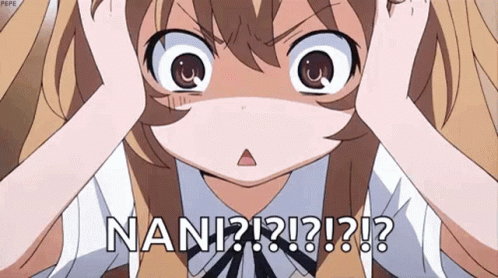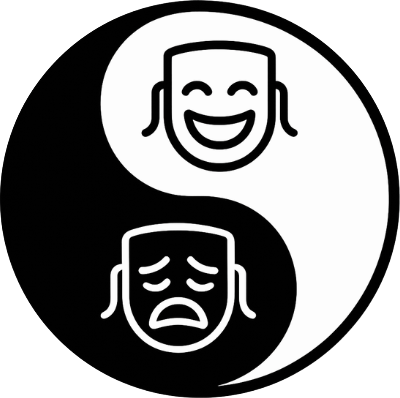Acting Training Needs to Step Up

Your Dojo friends are back at it, being all provocative sounding 😎 But not without reason.
As some of you may know, we started Grad School in July 2023. After four years of dancing the Dojo dance, we realised that if we really wanted to make peak performance and holistic well-being a reality for us actors, we had to rigorously pressure-test and formalise everything we've been doing, preparing it to scale at large.
In the past nine months, we have read more than 100 academic papers, written over 20,000 words toward our thesis, and spent an unknown number of hours conversing with very cool and very smart people. Most actors won't – and probably shouldn't – do the same. That's why we are. But most actors should be aware of some of the things we've found.
Backed by science; built for the stage and screen.
👊 Actors:
Get evidence-informed insights and strategies to support your performance and well-being. Join the Dojo e-newsletter tribe and make thriving your reality.
🧭 Drama schools & Production companies:
Bring pioneering, research-backed coaching into your classroom or rehearsal room. Let’s talk about supporting your actors to perform at their peak – and stay well in the process.
The takeaway
The key takeaway is this: acting training needs to step up. This is no longer just our personal opinion. This is now fact.
Here's what the literature tells us we'll come across on the actor's path:
- Sleep deprivation[1]
- Poor dietary options[2]
- Compromised personal relationships[3]
- Sub-minimum wage incomes[4]
- "Characteristically brutal" schedules[5]
- Unrealistic performance standards[6]
- Unemployment rates of 75-90%[7]
- Subpar work environments[8]
In short, being an actor in the 21st century is tough. And this says nothing of the challenges inherent to doing the actual thing we signed up to do, in which we frequently explore and embody some of the most difficult aspects of human existence.
Oh what fun
Unsurprisingly, the nature of our profession and the nature of our craft makes for one hell of a cocktail. Such that we're deemed a "particularly at risk" population[9] for a fun shopping list including:
- Anxiety[10]
- Depression[11]
- Stress[12]
- Trauma[13]
- Eating disorders[14]
- Substance abuse[15]
- Suicidal ideation[16]
- Sexual harassment[17]
And even amongst those who somehow manage to dodge, duck, dip, dive, and dodge all the above, scores will leave the actor's path simply too drained or disillusioned to continue.

We're not sharing this to demoralise or dissuade. Rather, we feel it's vitally important these facts and stats are openly acknowledged, not sealed away in research papers most actors will never encounter.
The Dojo's sole raison d'être is to make peak performance and holistic well-being the new normal for actors, so we will continue fighting to see traditional acting training place equal emphasis on actor training. In the meantime, know that – if you're experiencing any of the above – you're not alone and it's not your fault. Our (virtual) door is open at all times.
Love what you’re reading? Help us keep it flowing. Donations support the research, writing, and free sharing of evidence-informed tools for actor performance and well-being. Every dollar fuels our mission to make thriving a reality for actors everywhere 🔥
Citations
[1] [5] [15] https://www.sciandmed.com/mppa/journalviewer.aspx?issue=1126&article=1283
[2] https://doi.org/10.1080/19443927.2014.993568
[3] https://search.informit.org/doi/10.3316/ielapa.648271094050757
[7] https://doi.org/10.1038/s41467-019-10213-0
[9] [14] https://doi.org/10.21091/mppa.2019.4028
[10] [11] [13] https://www.tandfonline.com/doi/full/10.1111/ap.12221
[12] https://www.bbc.com/news/entertainment-arts-46356689
[17] https://members.bectu.org.uk/advice-resources/library/1479
Cite us!
IG: @theactorsdojo
APA 7: Norrish, T. (2024, June 7). Acting training needs to step up. The Actor’s Dojo. https://www.dojoactors.com/step-up/
